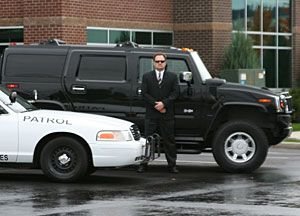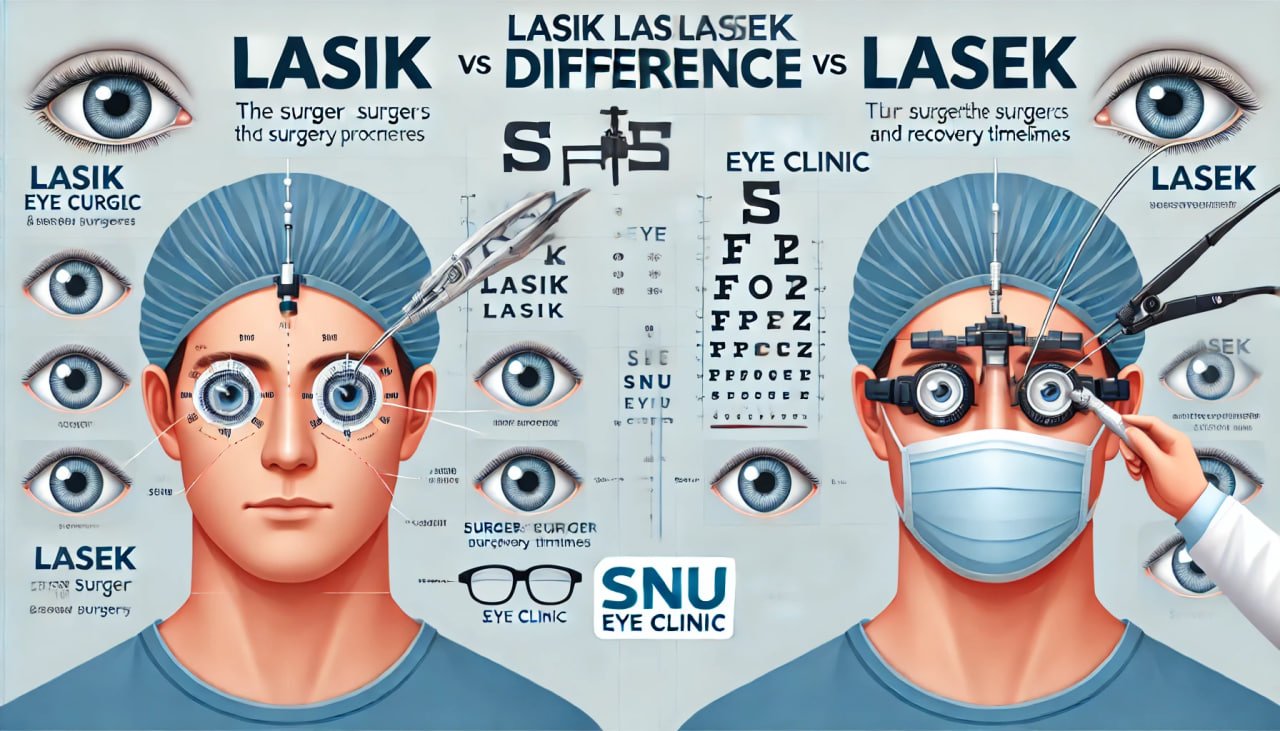London’s dynamic environment demands protection services that function with the precision of a finely tuned orchestra. Consequently, premier bodyguard company London providers master the complex choreography of operational execution, transforming strategy into seamless, real-world security. This requires meticulous planning, specialized roles, and adaptive coordination across the capital’s unpredictable landscape. This exploration reveals the operational architecture enabling London’s leading protection teams to deliver flawless security under pressure.
The London Gauntlet: Operational Challenges in the Capital
London presents a uniquely demanding operational theater for protection teams. The city’s sheer scale, coupled with its dense population, labyrinthine streets, and constant flow of events, creates a high-stakes environment where even minor errors can have significant consequences. Protection teams must navigate congested transport networks like the Underground, manage crowds in iconic locations such as Trafalgar Square or Covent Garden, and secure clients in settings ranging from corporate skyscrapers in the City to historic private clubs in St. James’s. Each location demands distinct tactics and heightened situational awareness.
Furthermore, London’s global connectivity means threats can materialize rapidly and from multiple vectors. A routine shopping trip on Bond Street can suddenly escalate due to a protest nearby, while a diplomatic motorcade might face unexpected route closures. Weather conditions, major public events, and even seasonal fluctuations like tourist surges add layers of complexity. Consequently, elite bodyguard company London providers develop hyper-flexible operational protocols designed for instant adaptation. Their operatives train relentlessly for these variables, ensuring they can maintain protective integrity regardless of the city’s chaotic rhythm.
The Protection Ensemble: Specialized Roles in Operational Teams
Exceptional bodyguard company London providers deploy protection teams composed of specialists, each fulfilling critical functions that collectively ensure comprehensive security. The Close Protection Officer (CPO) remains the visible core, responsible for the client’s immediate physical safety. However, supporting this role are equally vital specialists. The Advance Team operates ahead of the client, conducting route reconnaissance, securing venues, liaising with local authorities, and identifying potential vulnerabilities before the principal arrives. Their meticulous groundwork enables the CPO’s seamless movement.
Moreover, the Security Driver is a specialized operative trained in evasive and defensive driving techniques, intimately familiar with London’s road networks and alternative routes. They control the primary escape vehicle and manage transportation logistics. Residential Security Teams provide static protection at homes or offices, managing access control, surveillance systems, and perimeter security. For larger operations or high-threat environments, teams may include dedicated Surveillance Detection Operators (SDOs) who actively monitor for hostile surveillance, and Medic-Operatives with advanced trauma care capabilities. This ensemble approach ensures every aspect of the client’s environment is covered by a specialist.
Real-Time Coordination: The Nerve Center of Operations
The operational effectiveness of bodyguard company London providers hinges on sophisticated real-time coordination, often managed through a dedicated command center or mobile command vehicle. This nerve center serves as the central hub for intelligence, communication, and decision-making during active protection details. Here, senior operatives monitor live feeds from GPS trackers, traffic cameras (where accessible), and team communications, maintaining a comprehensive operational picture of the client’s location, potential threats, and team movements.
Crucially, this coordination relies on encrypted, multi-channel communication systems resistant to jamming or interception. Team members use discreet earpieces and microphones, allowing constant, silent communication without alerting the public or potential threats. Protocols dictate clear, concise language and standardized reporting formats to ensure rapid information sharing. For complex operations involving multiple venues or large crowds, the command center may utilize digital mapping software overlaid with real-time data, enabling dynamic route adjustments and resource deployment. This centralized command structure ensures all team members act as a unified force, responding instantly to changing conditions with coordinated precision.
Technology in Motion: Tools Enhancing Operational Execution
Leading bodyguard company London providers integrate advanced technology directly into their operational workflow to enhance speed, accuracy, and situational awareness. Body-worn cameras provide operatives with a first-person view for documentation and potential evidence, while also allowing command centers to see exactly what the team sees in real-time. Covert communication devices, including bone-conduction microphones and encrypted smartphones, ensure secure connectivity even in electronically noisy environments like transport hubs or event arenas.
Furthermore, biometric monitoring devices worn by operatives track vital signs, alerting command centers to potential stress or injury during high-intensity situations. Drones are increasingly employed for aerial reconnaissance of large event perimeters or advance route planning, providing a bird’s-eye view inaccessible from ground level. Secure vehicle tracking systems allow command centers to monitor the client’s convoy in real-time, while also integrating with traffic management systems to identify optimal routes dynamically. This technology doesn’t replace human skill; it amplifies it, providing operatives with critical data that enhances their ability to make split-second decisions under pressure.
Choosing Your Operational Maestro: Evaluating Execution Excellence
Selecting bodyguard company London providers with proven operational excellence requires a rigorous evaluation of their execution capabilities. Begin by demanding evidence of their operational methodology. Ask for detailed explanations of how they structure teams for different scenarios – a corporate roadshow versus a high-profile public appearance versus residential security. Scrutinize their advance work protocols; a superior firm will describe a meticulous process involving multiple site visits, threat assessments, and liaison with venue security or local authorities well before the client arrives.
During consultations, assess their communication infrastructure. Inquire about their encryption standards, backup communication systems, and command center capabilities. A top-tier firm will demonstrate robust, layered communication protocols designed for London’s challenging environment. Evaluate their technological integration – not just the gadgets, but how technology is seamlessly woven into their operational planning and real-time execution. Request case studies (where confidentiality allows) that highlight their ability to manage complex logistics, adapt to unforeseen disruptions, and maintain client safety during demanding London operations. Finally, gauge their commitment to continuous improvement through post-operation analysis and training. For those prioritizing flawless execution, engaging established specialists like a premier bodyguard company London ensures access to the operational mastery essential for navigating the capital’s high-stakes environment.
The Continuous Improvement Cycle: Refining Operational Art
The most successful bodyguard company London providers treat every protection detail as a learning opportunity, implementing rigorous post-operation analysis to refine their craft. After each assignment, teams conduct comprehensive debriefings, analyzing what worked well, identifying challenges encountered, and pinpointing areas for improvement. This includes reviewing communication logs, surveillance footage, route timing, and team coordination to extract actionable insights. These findings feed directly into updated protocols, enhanced training modules, and refined operational procedures.
Furthermore, these firms invest heavily in continuous, scenario-based training that replicates London’s specific operational challenges. Operatives regularly participate in drills simulating complex scenarios: coordinated attacks in crowded shopping centers, medical emergencies during Underground travel, rapid evacuations from high-rise buildings, or navigating large-scale protests. These exercises test decision-making, communication, and team cohesion under realistic stress. This relentless focus on refinement ensures that operational excellence isn’t static but continuously evolves to counter emerging threats and leverage new technologies. By institutionalizing this cycle of execution, analysis, and improvement, London’s elite protection providers maintain their operational edge, delivering security that is not only effective today but becomes more resilient and sophisticated tomorrow.




